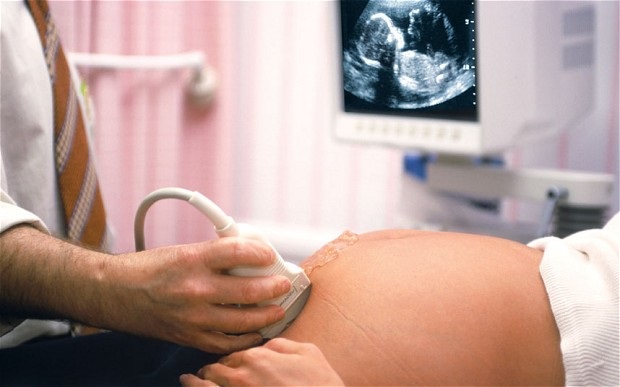Tennessee leaders are fighting in court for the right to protect unborn babies from abortion once their heartbeats are detectable.
On Thursday, attorneys for the state defended the 2020 heartbeat law in front of a Sixth Circuit Court of Appeals panel, arguing that Tennessee has an interest in protecting the unborn child, the Associated Press reports.
Though the legislation is described as a heartbeat law, it includes many different measures to protect unborn babies. The heartbeat portion of the law prohibits abortions once an unborn baby’s heartbeat is detectable, about six weeks of pregnancy. It also includes other levels of restriction going up from eight weeks to 24 weeks of pregnancy, which would go into effect depending on what a court may strike down.
The law also bans discriminatory abortions based on the unborn baby’s sex, race or a Down syndrome diagnosis. It allows exceptions if the mother’s life is at risk. Abortionists who violate these bans could face felony charges.
Sarah Campbell, a lawyer with the Tennessee Attorney General’s Office, in answering one of the judge’s questions about creating a “substantial obstacle” to abortion, argued that the court should at least allow Tennessee to protect unborn babies after 15 weeks of pregnancy, according to the report.
Please follow LifeNews.com on Gab for the latest pro-life news and info, free from social media censorship.
“Something like 80 percent of women have abortions after the time when normally a heartbeat is able to be detected,” Judge Karen Nelson Moore told Campbell. “If something like 80 percent of women can’t get abortions because a heartbeat has been detected, yet they want an abortion, why isn’t that a substantial obstacle to them having an abortion?”
Campbell responded that if the court deems the heartbeat ban a “substantial obstacle,” it should at least uphold the 15-week ban because it would not present that same obstacle for most abortions, the report continues. She also pointed to growing evidence that unborn babies can feel pain by 15 weeks.
“There is a growing medical consensus that an unborn child is capable of … perceiving pain at that point in time,” Campbell continued. “The state has an interest in preventing that pain.”
Attorney Rabia Muqaddam, who represents Planned Parenthood and other abortion facilities in Tennessee, challenged Campbell’s argument and the evidence of fetal pain, the report states.
“Even assuming the state’s interest in fetal pain, there is no state interest sufficient to justify a ban on abortion prior to viability,” Muqaddam said.
In a brief to the court, the pro-abortion groups’ lawyers also criticized the state for using “rhetorical gymnastics” to defend the pro-life law, and they pointed out that U.S. Supreme Court precedent does not allow states to prohibit abortions before viability, Courthouse News reports.
A federal judge blocked Tennessee from enforcing the law just minutes after Gov. Bill Lee signed it last summer.
Tennessee leaders have said they will not give up the fight to protect unborn babies’ lives, and Lee promised to do “whatever it takes in court” to defend the law.
The Tennessee legislation could save tens of thousands of unborn baby girls and boys and protect their mothers, but the success of the heartbeat ban against a legal challenge is uncertain. None of the states that have passed heartbeat laws have been allowed to enforce them.
Some pro-lifers have renewed hope that the U.S. Supreme Court will uphold an abortion ban and overturn Roe v. Wade. Others, however, are hesitant because of concerns about losing the court battle and being forced to reimburse pro-abortion groups for their legal fees.
The Supreme Court took away the states’ ability to protect unborn babies from abortion under Roe v. Wade, and instead allowed abortion on demand through all nine months of pregnancy. Roe made the United States one of only seven countries in the world that allows elective abortions after 20 weeks.








